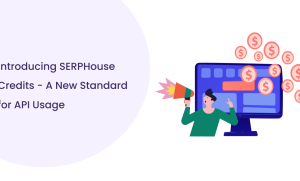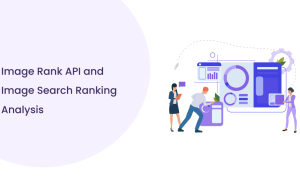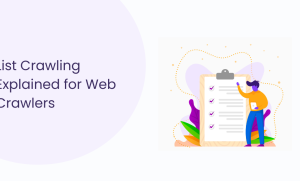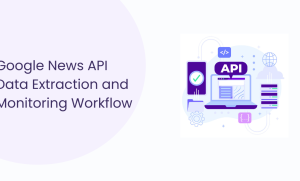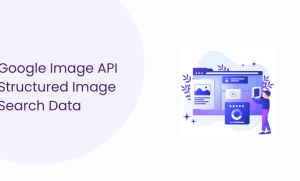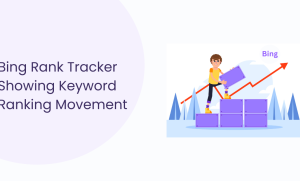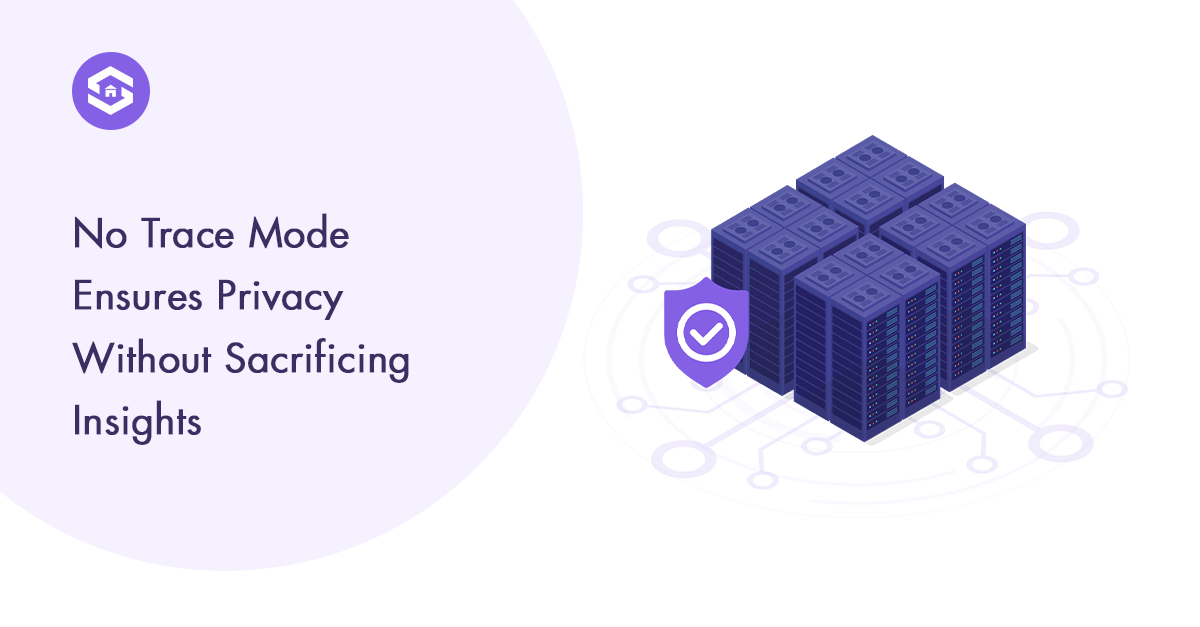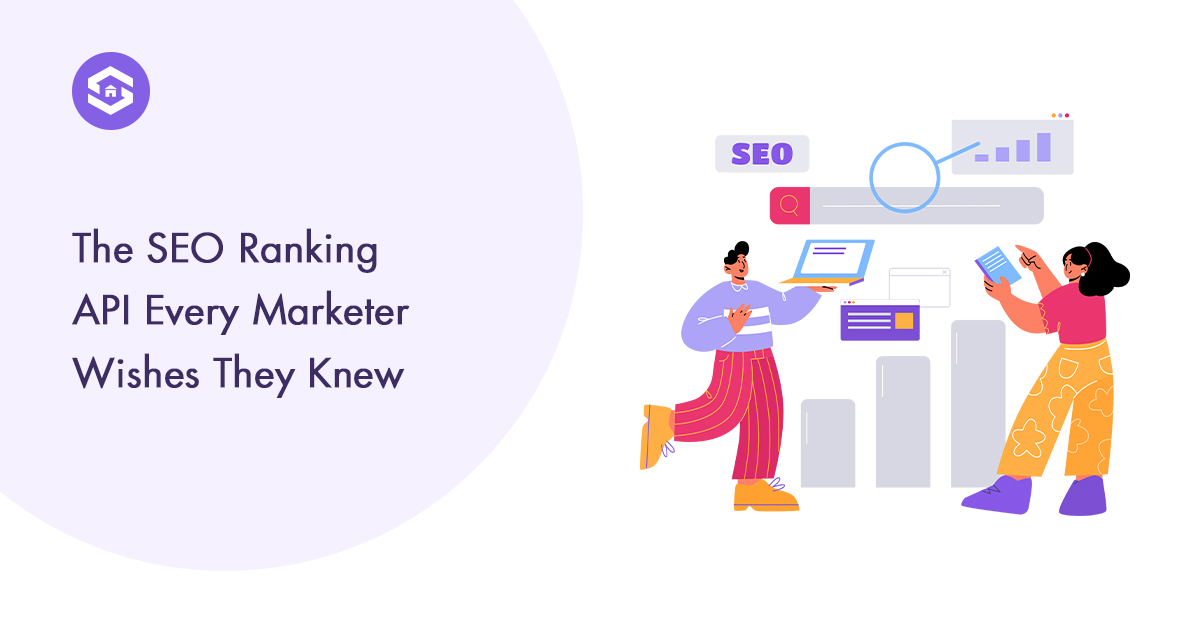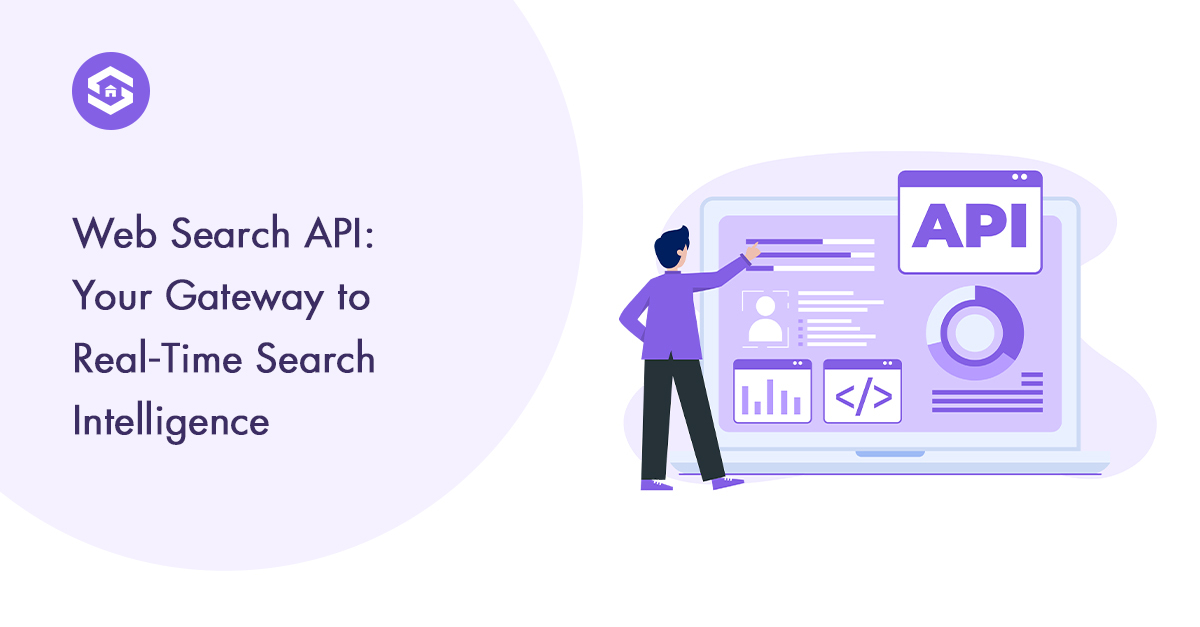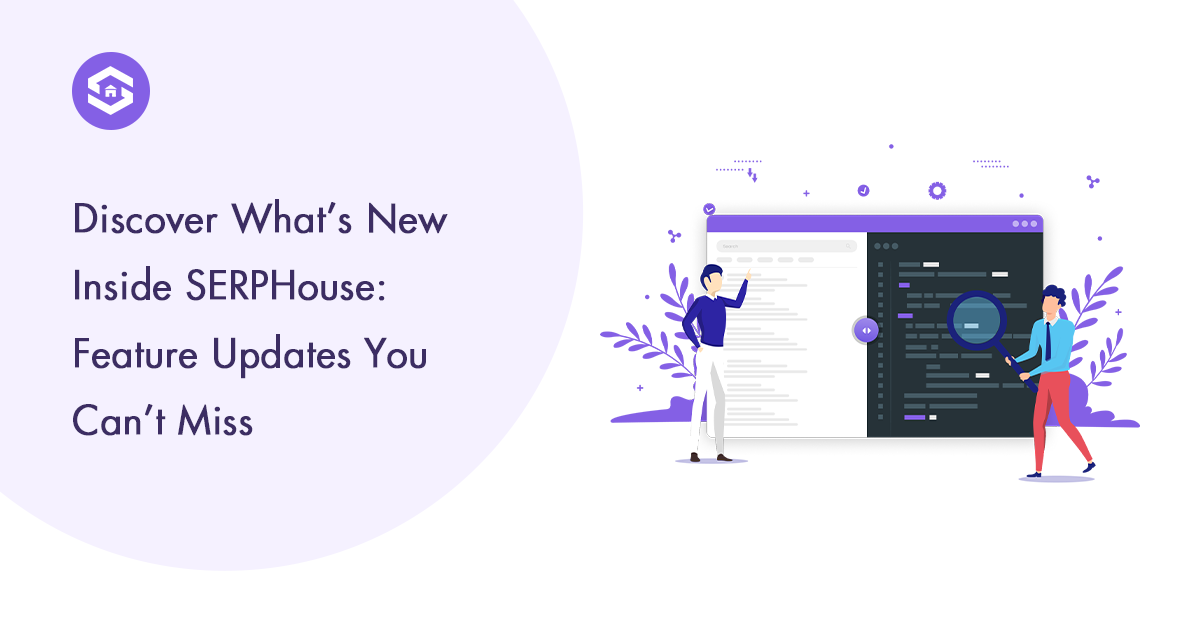Table of Contents
Table of Contents
In the ever-evolving landscape of SEO, keyword ranking data holds immense power. With a keyword ranking API, you can harness this data to stay ahead in your SEO efforts.
Understanding where your web pages rank for specific keywords reveals the effectiveness of your SEO strategies and guides future optimizations.
Thankfully, keyword ranking API have emerged as powerful tools, streamlining the collection and analysis of this crucial data.
This comprehensive blog delves into the fascinating world of rank-tracking APIs, equipping you with the knowledge to leverage them effectively in your SEO endeavours.
Unveiling the Secrets: What are Ranking Tracker APIs?

Simply put, a keyword ranking API is a software interface that allows you to programmatically retrieve the ranking positions of your web pages for specific keywords across various search engines. This eliminates the need for manual checks, saving you time and effort while providing real-time, accurate data.
Think of it as a direct line of communication with search engines, granting you access to valuable insights that were previously out of reach.
Why Dive into the API Pool?
Benefits abound:
Automation Bliss: Bid farewell to tedious manual checks. Schedule automated crawls to track rank fluctuations in real-time, allowing you to react swiftly to changes.
Granular Insights: Delve deeper than single ranking positions. APIs often provide additional data like competitor rankings, search volume, and SERP features, offering a holistic view of your performance.
Strategic Advantage: Stay ahead of the curve. Use historical data to analyze trends and make informed decisions about your SEO strategy.
Scalability Power: Manage large-scale campaigns with ease. APIs can handle hundreds or even thousands of keywords across multiple domains and search engines.
Data Integration Magic: Seamlessly integrate ranking data with other platforms and tools, building a powerful SEO ecosystem.
Beyond the Rankings: What APIs Can Offer

Benefits abound:
While ranking data is their core function, some APIs go beyond the basics:
SERP Feature Tracking: Identify featured snippets, knowledge panels, and other rich results impacting your visibility.
Local Search Optimization: Track rankings in local search results specifically targeted to your geographical area.
Mobile Rankings: Monitor your position on mobile devices, crucial in today’s mobile-first world.
Competitor Analysis: Spy on your competitor’s keyword rankings and uncover their strategic moves.
Best Practices for Using APIs
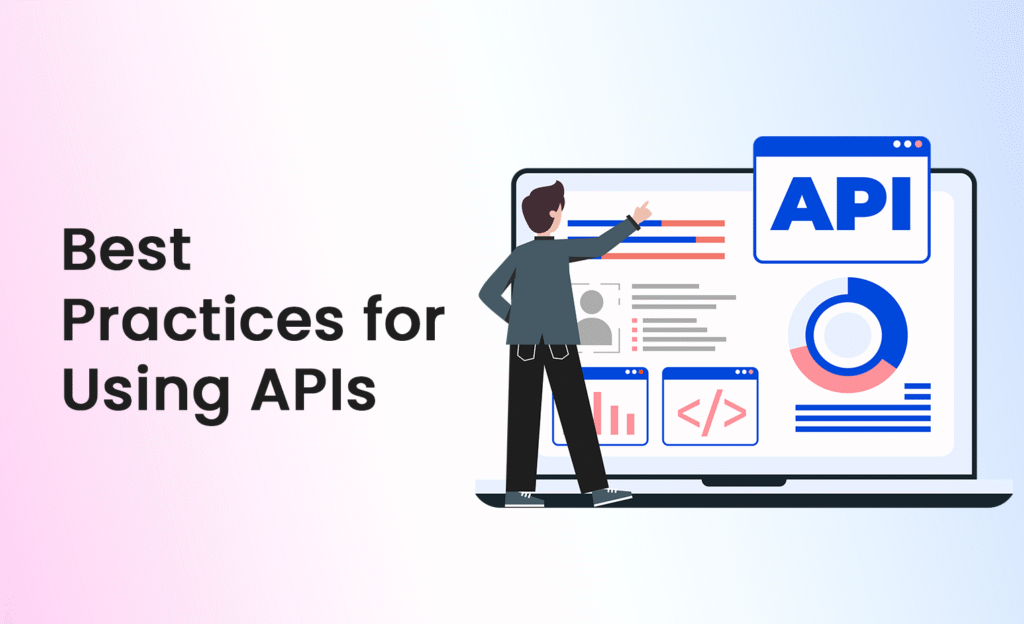
Here are some tips to maximize your API experience:
Start Small: Begin with a manageable number of keywords and gradually expand as needed.
Choose Wisely: Select an API that aligns with your budget, needs, and preferred features.
Understand Limits: Respect API usage limits and avoid exceeding them to prevent service disruptions.
Data Integration: Leverage tools and platforms to integrate ranking data with your existing workflow.
Analyze and Action: Don’t just collect data; interpret trends and take targeted actions to improve your rankings.
Read the full blog: SERP API Best practices.
Ethical Considerations: Tread Carefully
Remember, APIs should be used responsibly and ethically. Avoid practices like:
Excessive Querying: Don’t overload search engines with unnecessary requests, respecting their terms of service.
Scraping Malpractice: Extract data ethically, avoiding methods that could harm search engine infrastructure.
Competitor Sabotage: Use competitor data for analysis, not for manipulating their rankings through unethical means.
Demystifying the Future: What Lies Ahead?
The future of keyword rank API is bright, with continuous advancements in:
Accuracy and Real-time Updates: Even faster and more precise data delivery for agile decision-making.
AI-Powered Insights: Integration of AI to automatically derive actionable insights from ranking data.
Granular Search Engine Coverage: Expansion of coverage beyond major search engines to include niche and regional players.
Building a Data-Driven SEO Strategy
In today’s digital landscape, a data-driven SEO strategy is paramount for businesses aiming to improve their online visibility and drive organic traffic. By leveraging accurate and actionable data, businesses can make informed decisions to enhance their search engine rankings and optimize their online presence. Here’s how you can build a data-driven SEO strategy:
Conduct Comprehensive Keyword Research
Keyword research is the foundation of any effective SEO strategy. Use tools like SERPHouse, Google Keyword Planner, Ahrefs, and SEMrush to identify relevant keywords and phrases that your target audience is searching for. Focus on keywords with high search volume and low competition. Additionally, consider long-tail keywords that are more specific and often less competitive.
Optimize On-Page SEO
On-page SEO involves optimizing individual web pages to rank higher and earn more relevant traffic. This includes optimizing title tags, meta descriptions, header tags, and content. Ensure your keywords are naturally integrated into your content, and use internal linking to improve the site’s navigation and user experience.
Build Quality Backlinks
Backlinks from reputable websites are crucial for improving your site’s authority and ranking. Focus on building high-quality backlinks through guest posting, content marketing, and influencer outreach. Tools like Majestic and Moz’s Link Explorer can help you track your backlink profile and identify new link-building opportunities.
Utilize Analytics and Reporting Tools
Regularly monitoring your SEO performance is essential for a data-driven strategy. Use tools like Google Analytics and Google Search Console to track key metrics such as organic traffic, bounce rates, and conversion rates. These insights will help you understand what’s working and what needs improvement.
Conclusion: Embracing the Power of APIs
Keyword tracking APIs are valuable tools for navigating the dynamic world of SEO.
By understanding their benefits, functionalities, and ethical considerations, you can leverage them to gain a competitive edge and achieve your SEO goals.
So, dive into the API pool, unleash the power of data, and watch your rankings soar!
FAQs
A Keyword Ranking API is a tool that allows you to automatically track the positions of specific keywords in search engine results. It provides real-time data on how your website ranks for targeted search terms.
To get started, choose a Keyword Ranking API provider, sign up for an account, obtain the necessary API keys, and follow the documentation to integrate the API with your SEO tools or platforms.
Yes, many Keyword Ranking APIs, including the SERPHouse API, offer features to track competitor rankings. This allows you to analyze competitor strategies and benchmark your SEO performance against industry peers.
Data accuracy depends on factors such as the API provider’s data sources, update frequency, and methodology. Leading providers ensure high accuracy by aggregating data from multiple reliable sources.



